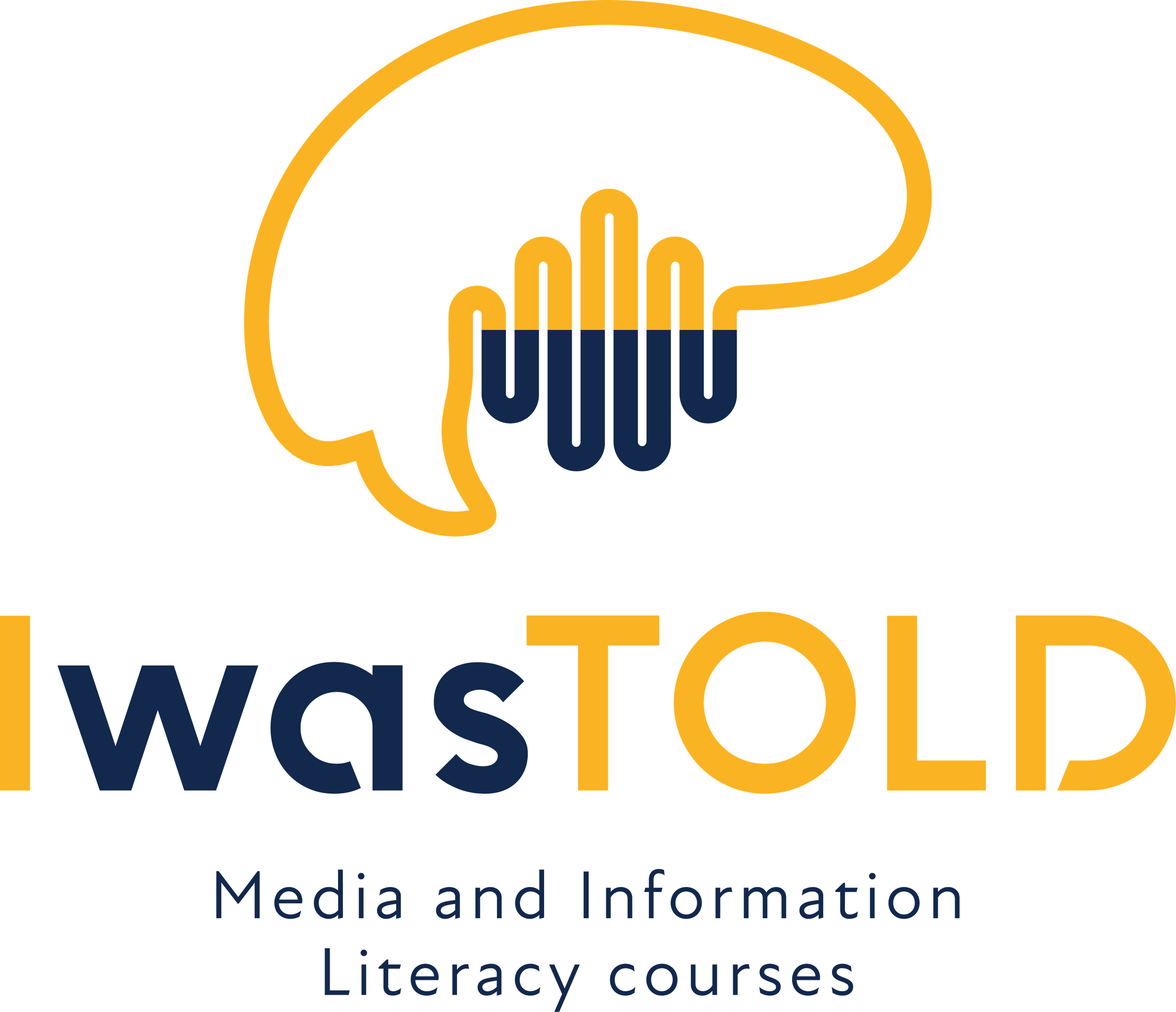6. DIGITAL CITIZENSHIP AND MEDIA
Participants2
One of the main pillars of a democratic society is freedom of expression, which is one of the fundamental human, civil and political freedoms. It took many centuries for our ancestors to win this right, which allows us to express our thoughts and attitudes freely and without fear of persecution, punishment or censorship. Freedom of speech thus means the opportunity to express our views in various forms, i.e. verbally but also non-verbally, for example through art (music, photography, painting, etc.). By verbal expression we mean the possibility to express our attitudes orally, in writing, in the media – e.g. in newspapers, radio, television, via the Internet, for example by writing your own blog, contributing to public debates, or on social media with public statuses or commenting on posts. But where are the boundaries and who regulates it? You will find the answers in the first presentation of this lesson.
Presentation
| Assignment 1: Online hate-speech in your country Go to Facebook or Twitter (depending on which network is more widespread in your country) and, according to public comments in the discussions, identify the minority / group of people who are most exposed to hate speech in your country. Think about it and find the answers to the following questions: What group of people attack them most often? What are the attackers’ arguments against this group of people? Why do they mind? What threats do the attackers use against the group? How is social media and your government fighting this? Are there national movements that try to combat hate-speech? Assignment 2: Where are the limits of hate-speech? The legal principles of Freedom of Speech vary from country to country – sometimes freedom of speech is less limited, sometimes more. Try to write as many arguments as possible: a) for greater restrictions on freedom of speech b) for greater freedom of expression without limitation Now think about both types of arguments and define what is the best balance for a better future for society in terms of restricting freedom of speech. |
